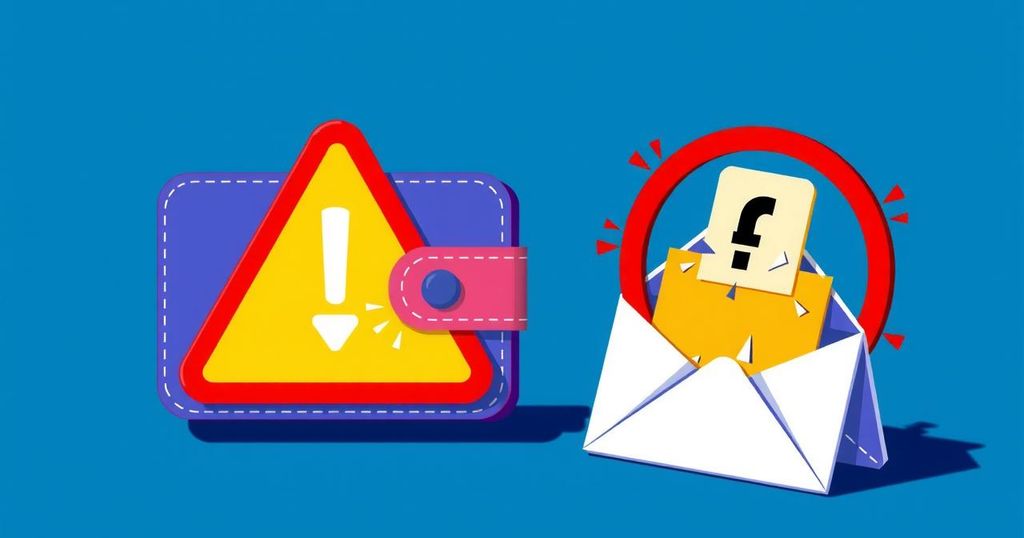Ledger Issues Warning on New Crypto Letter Scam
Ledger warns users about a new scam involving counterfeit letters requesting sensitive personal information. Influencer Jacob Canfield has raised the alarm on social media, driving awareness of scammers impersonating Ledger. The company reassures its users about safety measures and disclaims any requests for 24-word recovery phrases through unsolicited communications.
Cryptocurrency hardware wallet manufacturer Ledger has alerted its users about a surge in fraudulent activities targeting its clientele. Recently, a crypto influencer and trader, Jacob Canfield, took to X (formerly Twitter) to publicise a new scam involving counterfeit letters that are being sent to Ledger users. This call to action aimed to raise awareness regarding the scam, highlighting its deceptive nature.
The fraudulent letters mimic Ledger’s official communications, featuring the company’s branding and logos. They instruct recipients to perform a mandatory wallet validation, which involves scanning a QR code and revealing their 24-word recovery phrase. This could lead to serious security breaches and theft of crypto assets if personal information is provided.
Ledger responded promptly to Canfield’s warning. Via a post on X, they reiterated a vital safety message: the company never requests sensitive information like the recovery phrase through calls or direct messages. They strongly advise users to dismiss any such requests as scams, encouraging users to remain vigilant to protect their cryptocurrency holdings.
Reports suggest that the scammers may be utilising data leaked during a 2020 security breach of Ledger’s systems. This incident exposed over 273,000 users’ personal details, including names, emails, and addresses, potentially giving scammers the tools they need to target Ledger’s users more effectively. However, Ledger has not confirmed if there’s a direct link between this scam and the previous data breach.
Furthermore, Ledger has not provided clarity on how these scammers acquired current clients’ addresses. Yet, the company has reassured users that their safety is paramount. They emphasised ongoing improvements to their security protocols, aiming to uphold the highest standards of user safety and privacy in an increasingly interconnected environment.
This is one among many scams affecting the cryptocurrency landscape, with various other fraudulent schemes, such as pump and dump operations, also rampant. To mitigate risk, it is crucial for users to verify sources before sharing personal information or executing transactions. Maintaining a cautious approach can be a key factor in protecting one’s assets in the volatile crypto market.




Post Comment